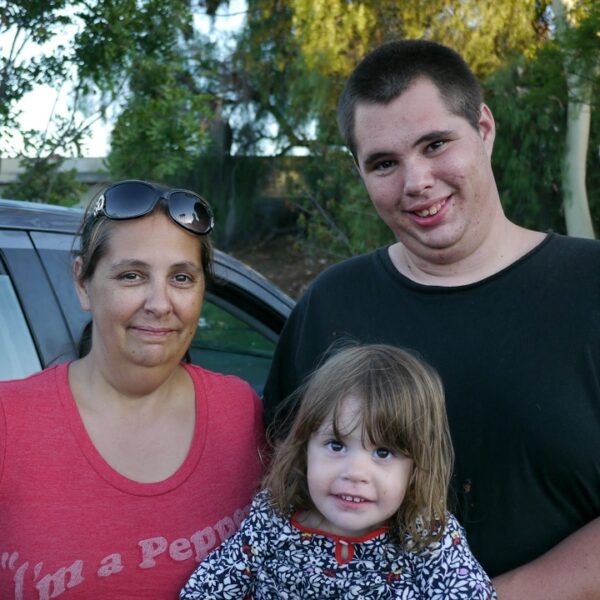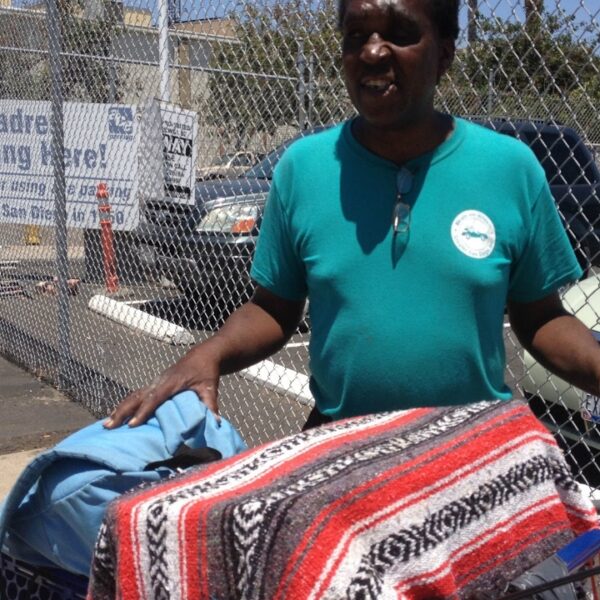Dullanni is homeless in San Diego, California. He just got a job working part-time. Dullanni says it’s easy for him to get a job. The problem is being able to maintain a job. Lack of showers and the ability to lock a tent are just a few of the roadblocks homeless people face when trying to keep a job but for homeless people in San Diego, the criminalization of homelessness is the biggest obstacle.
Dullanni has been arrested over 20 times just for the crime of not having a home. Dullanni shares that his entire criminal record comes from his homelessness, and once – San Diego Police caused Dullanni to lose a job.
While research shows that criminalization of homelessness only makes the homeless crisis worse, San Diego’s politicians have doubled down on pushing homelessness from one block to the next.
In recent years, San Diego has been grappling with a significant homelessness crisis, a problem that has been exacerbated by the city’s approach to criminalizing homelessness. This strategy involves arresting and penalizing individuals for engaging in life-sustaining activities in public spaces, such as sleeping, sitting, or eating, when they have no other place to do so. While the city’s intent may be to deter individuals from living on the streets, criminalizing homelessness has not only failed to address the root causes of the issue, but it has also made the problem worse. This punitive approach has resulted in a vicious cycle of arrests, fines, and incarceration, pushing homeless individuals further into poverty and making it even more difficult for them to secure stable housing.
San Diego’s criminalization of homelessness has put a significant burden on already strained public resources, as law enforcement, courts, and jails become overburdened with the task of dealing with homeless-related infractions. The cost of incarcerating individuals for minor offenses often exceeds the cost of providing them with adequate social services, such as temporary housing, mental health care, and substance abuse treatment. By focusing on punishment rather than addressing the underlying issues that contribute to homelessness, San Diego’s strategy has perpetuated a cycle of hardship and despair for its most vulnerable residents. It is evident that a more compassionate and effective approach is needed, one that prioritizes housing, mental health care, and social support services to help individuals escape the cycle of homelessness and reintegrate into society.












